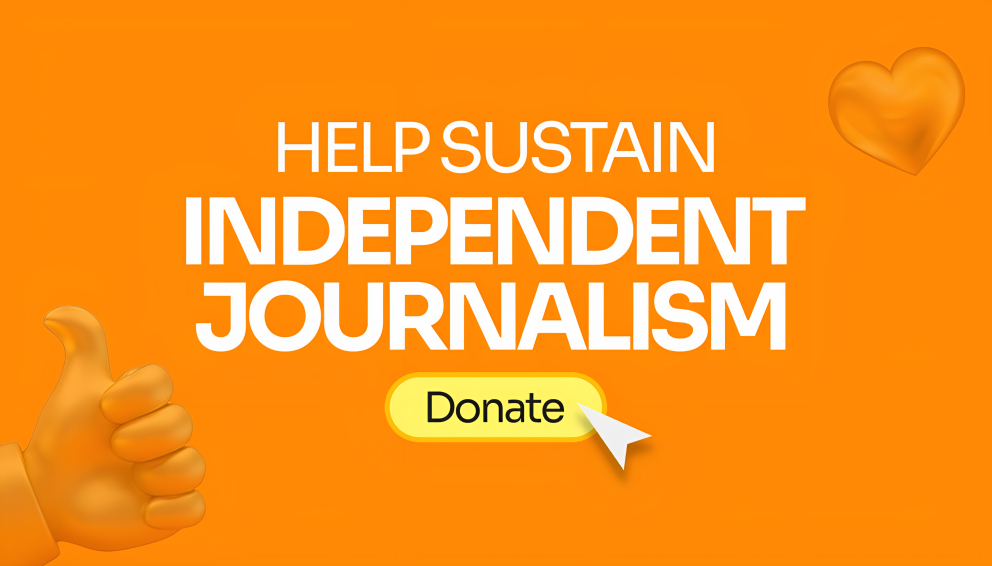Nigeria’s inflation rate is snowballing in Imo State, as more residents plunge into poverty as living costs surge and purchasing power dwindles.
Headline inflation in the country has skyrocketed 24 times in two years, reaching 27.33 percent in October, primarily driven by a surge in food inflation, which spiked to 31.52 percent from 30.64 percent in September 2023.
The repercussions are felt in Imo State across essential commodities, including food items, accommodation, clothing, electricity, and education fees, with prices reaching unprecedented highs.
However, a market survey by INNONEWS reveals that food prices have surged in the state by at least 40 percent recently.
For instance, at Relief and Eke Ukwu Owerri markets, the cost of a painter of rice has surged to N4, 700, beans N3, 500, 5 liters of groundnut oil have increased from N7, 500 to N9,500, a loaf of bread from N700 to N1,100, and a crate of eggs from N2,700 to N3,200 per crate.
Residents in the state, grappling with the impact of inflation, express the challenges they face in affording basic needs and education for their families.
The surge in transportation costs in the state further compounds the financial strain on individuals.
Obinna Ekeze, who resides at Prefab, Owerri, shares the grim reality, stating that “life is now hard for my family. Feeding has become a task because the cost of living and transportation is so high.
Ms. Nkechi Nwankwo, who lives with his family of three at Uratta, laments the daily increase in food prices coupled with stagnant incomes, emphasizing the difficulty of buying basic necessities.
“I live in Egbu; we now pay N150 to transport to Owerri. Something that was previously N50. Suffering in the land is so much. The palliatives we were promised by the government were nowhere to be found,” he said.
A World Bank report stated that accelerating inflation has pushed four million Nigerians into poverty in the first five months of 2023, with Imo State and other states part of the trend. There are concerns that the figure will increase.
The impact of rising prices is acutely felt, contributing to a multidimensional poverty index that indicated 133 million people in Nigeria live below the poverty line.
Why Inflation Persists in Nigeria
Despite President Tinubu’s promise to revitalize the nation’s economy, challenges persist.
The removal of fuel subsidies and the liberalization of the foreign market have adversely affected the country’s economy.
The federal government’s revenue reportedly increased from an average of N650 million monthly to over N1 trillion in the last four months after subsidy removal. However, the impact on citizens’ and the country’s well-being remains elusive.
Nigeria’s total debt stocks rose to N87.38 trillion in the second quarter of 2023, with over 96 percent of the revenue spent on debt servicing in 2022, according to the World Bank.
While the Tinubu administration pledges to increase the minimum wage and implement measures to alleviate transportation costs, concerns persist. The government’s slow progress in delivering on promises, including the N75,000 payment to vulnerable citizens, contributes to public frustration.
As Nigeria grapples with economic challenges, citizens, economists, and industry experts call for decisive actions to address the root causes of inflation, stimulate economic growth, and alleviate the burdens imposed on the population.
The road ahead requires strategic interventions, effective policy implementation, and a concerted effort to build a resilient and prosperous nation.

